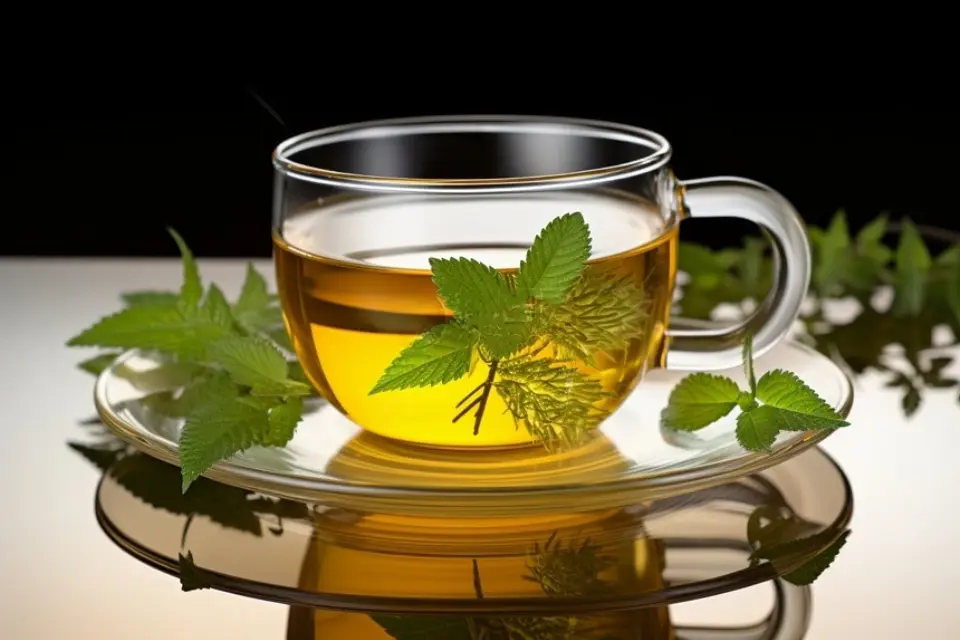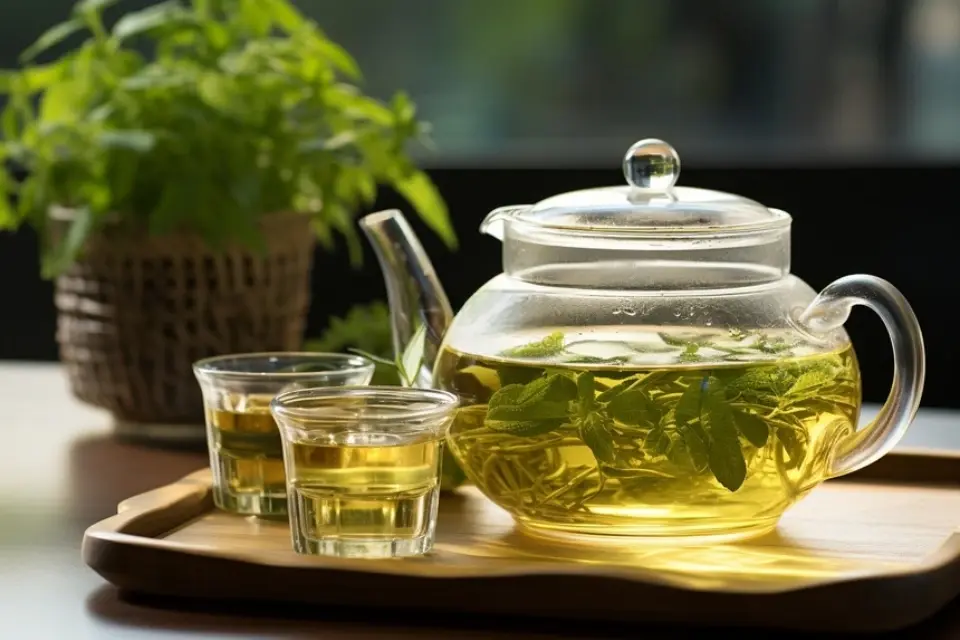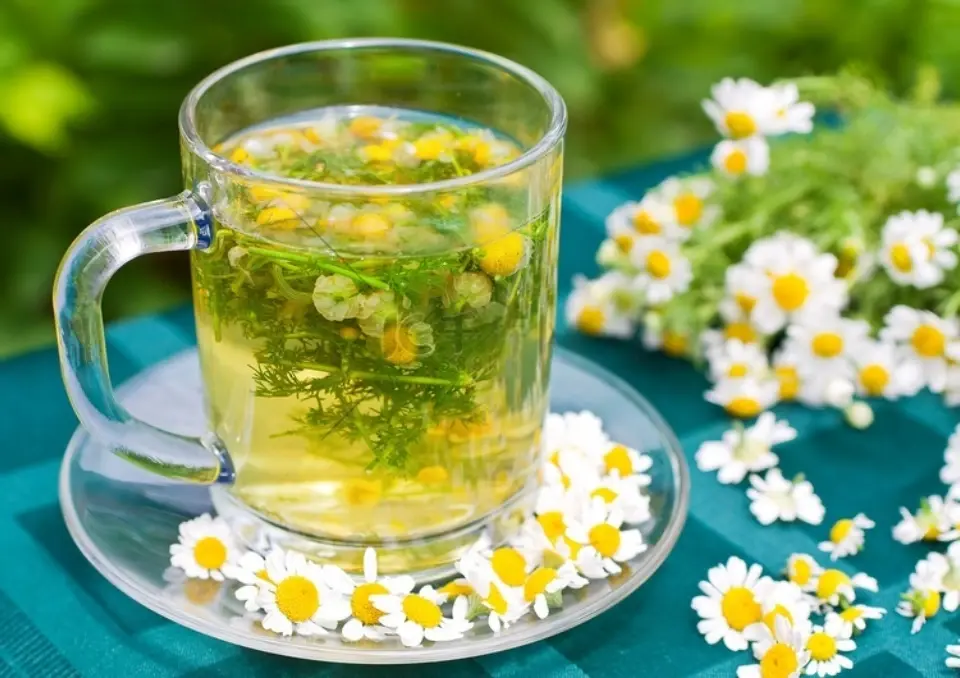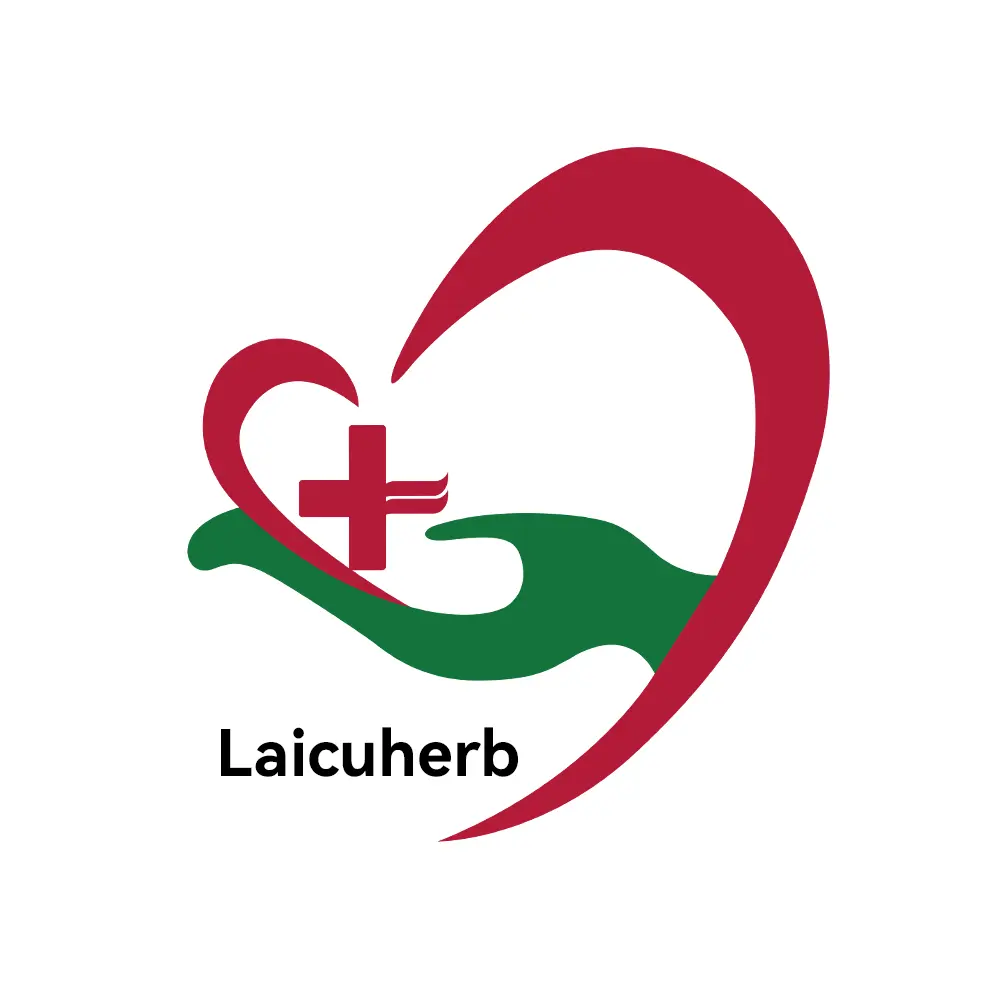Does Tea Break a Fast? Your Ultimate Guide to Tea & Intermittent Fasting
Intermittent fasting has become a popular health practice, praised for its benefits from fat burning to improved mental focus. But if you're trying to stick to your fasting window, one question often comes up: can you still enjoy your morning tea? Many people worry that a simple cup of tea might sabotage their hard work. Does tea break a fast? It depends. The general rule of thumb for intermittent fasting is that consuming anything that prompts an insulin response will break your fast. This means any calories—especially sugars—are off-limits. However, plain tea, with its minimal or zero caloric content, is generally considered safe. Most intermittent fasting experts agree that as long as your daily calorie intake remains below 500 calories, your body will be in a state of fat-burning fasting.
Table of Contents
- 1. The Science-Backed Benefits of Drinking Tea While Fasting
- 1.1. Hydration and Reduced Hunger
- 1.2. Metabolism Boost & Fat Burning
- 1.3. Improved Focus and Energy
- 2. Your Guide to Tea Choices During a Fast
- 2.1. Teas to Satisfy Your Sweet Tooth
- 2.2. Teas to Boost Your Energy and Focus
- 2.3. Teas to Help You Feel Full and Calm
- 3. Key Takeaways for a Successful Fast
The Science-Backed Benefits of Drinking Tea While Fasting
Drinking tea during your fasting window isn't just a way to pass the time, it can actually enhance your fasting journey. Many teas contain compounds that can help you manage hunger pangs, boost your metabolism, and improve mental clarity, all without adding significant calories. Let's look at some of the key benefits.
1. Hydration and Reduced Hunger
One of the biggest challenges of intermittent fasting is staying hydrated and feeling full. herbal teas are almost entirely water, making them an excellent way to maintain your hydration levels without consuming extra calories. The warmth of a hot cup of tea can also provide a sense of fullness and comfort, helping to suppress those pesky hunger pangs.
[Image: Supporting hydration and satiety during a fast]
2. Metabolism Boost & Fat Burning
The green tea and oolong tea, contain catechins, particularly a potent antioxidant called EGCG (Epigallocatechin gallate). Research has shown that EGCG can help boost your metabolism and enhance fat oxidation, or the rate at which your body burns fat for energy. When you combine this with the fat-burning state of fasting, these teas can be a powerful tool for your weight loss goals.
3. Improved Focus and Energy
Feeling a bit of 'brain fog' during your fast? Both black tea and green tea contain caffeine and a unique amino acid called L-theanine, which can help alleviate this condition. L-theanine works in synergy with caffeine to provide a calm, sustained energy boost, preventing the jittery feeling or crash that can come from coffee. This combination can sharpen your mental clarity and help you stay focused throughout the day.
Your Guide to Tea Choices During a Fast
Choosing the right tea is crucial to maintaining your fast. The key is to avoid all additives—no milk, no sugar, no honey. By focusing on your specific needs during the fasting window, you can select the perfect brew.
1. Teas to Satisfy Your Sweet Tooth
If your craving for a sweet treat becomes overwhelming, naturally sweet-flavored herbal teas can be your best friend. They offer a comforting flavor without breaking your fast.
- Peppermint Tea: With its clean, refreshing taste, it can help suppress appetite and curb cravings.
- Cinnamon Tea: The natural sweetness and aroma of cinnamon can trick your brain into thinking you've had a treat.
- Fennel or Licorice Tea: These teas have a natural sweetness that can satisfy cravings and aid digestion.
- Detox Tea: Herbal tea, which contains mulberry leaf ingredients, can effectively regulate blood sugar, reduce appetite, and enhance overall energy.

2. Teas to Boost Your Energy and Focus
When you need a mental pick-me-up without food, caffeinated teas are your go-to.
- Green Tea: The combination of caffeine and L-theanine is perfect for a calm, focused energy boost.
- Black Tea: A slightly higher caffeine content than green tea, black tea can provide a stronger energy lift to help you power through your fasting window.
- Matcha: A powdered form of green tea, matcha is packed with L-theanine and antioxidants, providing a significant and sustained energy boost.

3. Teas to Help You Feel Full and Calm
For those moments when hunger pangs hit or you just need to relax, these teas can provide comfort and a sense of fullness.
- Chamomile Tea: Known for its calming properties, chamomile can soothe your mind and body, helping to reduce stress-related hunger.
- Ginger Tea: Ginger is a natural anti-inflammatory that can aid digestion and reduce feelings of bloating or nausea that can sometimes accompany fasting.
- Rooibos Tea: This caffeine-free herbal tea has a slightly sweet, earthy flavor that can be a great way to warm up and feel satisfied without breaking your fast.

Key Takeaways for a Successful Fast
A tea can be a great companion on your intermittent fasting journey. But the key is to be mindful of what you're drinking.
- Stick to the Rules: Avoid all additives like sugar, honey, milk, or cream.
- Keep within 500-600 calories: If you must add something, do so at the minimum level.
- Listen to Your Body: Pay attention to how different teas affect you.
Remember, a successful intermittent fasting journey is built on consistency and a healthy lifestyle, and a mindful cup of tea can certainly be part of that.

FAQ
Q: Will 5 calories break a fast?
A: Generally speaking, consuming 5 calories does not count as breaking the fasting rule. Fasting does not mean prohibiting any calorie intake because the body needs energy to function normally. Consuming no more than 500 calories per day, we believe this is still within the framework of the fasting rule.
Q: What kind of tea can I drink while fasting?
A: During the fasting period, you can drink some low-calorie beverages such as green tea, black tea, herbal tea, and so on. But be sure to avoid fruit tea or any foods that are high in calories such as milk and sugar.
About the Author
Laicuherb
The core content team at Laicuherb is a collective of experts, including health professionals, consultants in Traditional Chinese Medicine, and experienced content strategists. Some articles are authored by our brand's founders or R&D scientists. OLaicuherbur team has deep expertise in herbal health, integrating the wisdom of traditional medicine, modern nutrition, and women's health research to transform ancient wellness principles into practical, accessible content for everyday life.








